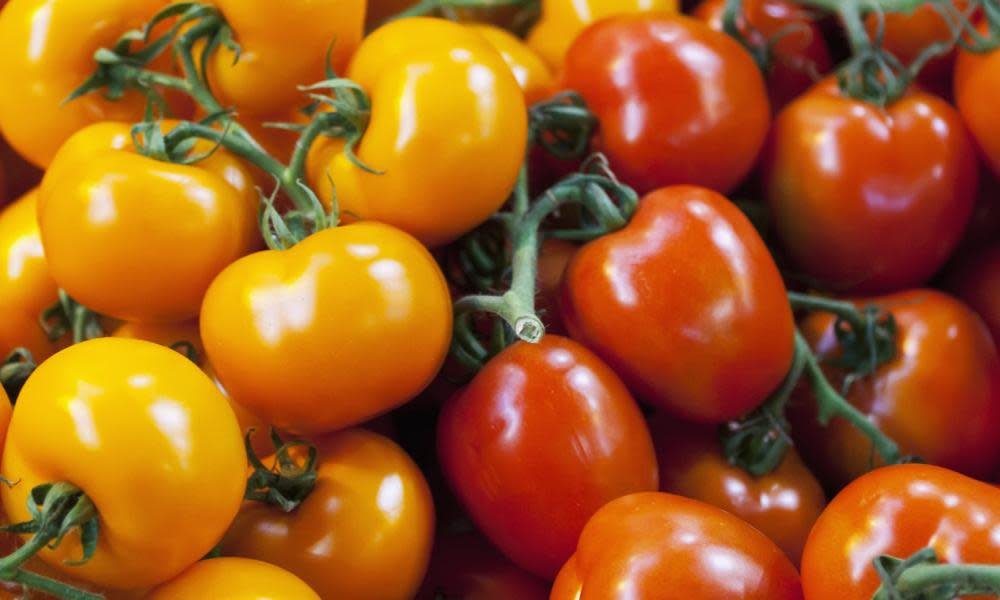Tomayto or tomahto? That is the question I wrestle with

I have lived in the US for 10 years, and although I take the elevator down to the lobby from my apartment, when I go outside I walk on the pavement. My children wear diapers but, by and large, I fill the tank with petrol, not gas, and throw out the rubbish not the trash. I wish I still ate sweets, but I don’t; “sweets” to my ears sound childish and wilfully obscure and, while I may cringe when I say it, there’s no question that if I ask someone to pass me the Skittles, what I’m referring to in that instance is candy.
These differences, which have been on my mind as I go through copy edits for the UK and US editions of my book, are something I am probably in control of 70% of the time. It is a peculiarity of being in a foreign country in which the language is ostensibly the same, that it makes one’s pre-immigration self actually seem further away. If I had moved to France, my English would have remained unchanged. As it is, I fear the word “chemist” is lost to me for ever, or at least for the years it would take me to reprogram from “pharmacy”.
The ability to adapt is supposed to be intrinsic to human success and survival, but adapting one’s accent – be it from British to American, or up and down the social scale – is the exception to this rule, to the extent that it is practically regarded as a moral weakness. When I first came to the US, I’d meet English people who’d been here for decades and note, rather sniffily, how they had failed to toe the line when it came to pronouncing “tomato”. How sad, I thought; they must be so desperate to fit in. Now here I am, telling myself life is short and there are only so many times you can say “wawter” before giving up and asking the waiter for “waaater” the first time so you don’t have to say it again.
My dawters, meanwhile, are both still young enough to say most things the way I have taught them, although one of them is starting to slip around “mummy”. (In fact, what she says now is “mahmy” so she sounds not like an American but like a British person doing a bad impersonation of someone from the deep south. I have no idea what this is, but I hope she outgrows it.)
And there are words that even after 10 years I can’t nail, among them the name “Dana”, which is awkward because I have a friend called Dana and I have either to clear my throat to get her attention or else avoid her altogether. (Dana, in American, has a shorter “a” than the British “Dana”, but is still distinct from the American pronunciation of “Donna”, a distinction I can recognise but find impossible to perform.)
One of my daughters says 'mahmy'. She sounds like a British person doing a bad impersonation of someone from the deep south
Occasionally, the wrong choice gets made. On the phone to another British person today I forgot myself and said “quitting” as I would to an American – “quidding” – and there was an embarrassed silence as we both acknowledged the malfunctioning code switch and the drift from whom we’d once been.
There are some things that will, I suspect, never go. Just before Christmas I met with another Briton who has been here for almost 25 years, is married to an American and has three American children. “Go put it in the garbage,” she overheard me say to my daughter. “Oh, I never gave way on that one,” she said. “We say ‘bin’ in this house.”
I’ll give up water and tomato. I’ll substitute spade for shovel and bin for garbage. But upkeep of my long “a” in “bath”; that’s the hill I am willing to die on.
• Emma Brockes is a Guardian columnist

 Yahoo News
Yahoo News 
